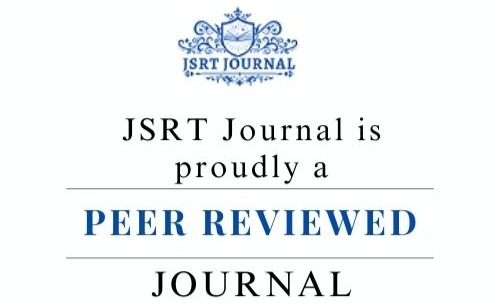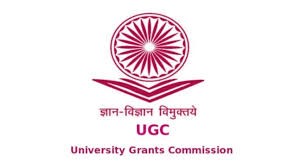Innovative Approaches To Water Conservation In Rajasthan: Challenges And Solutions
DOI:
https://doi.org/10.61808/jsrt164Keywords:
Water Scarcity, Water Resource Management, Conservation Techniques, Climate ChangeAbstract
Rajasthan, India's largest state, faces severe water scarcity due to its arid climate, excessive groundwater extraction, and inadequate management strategies. This review examines traditional and modern water conservation techniques, emphasizing their role in mitigating the crisis. Rajasthan's indigenous water harvesting systems, such as tankas, nadis, and khadins, have historically supported water security, yet modern demands have strained these methods. Groundwater depletion, exacerbated by climate change and overextraction, poses significant challenges, with water tables declining at alarming rates. Climate variability has led to erratic rainfall patterns and rising temperatures, further impacting water availability. Integrated Water Resources Management (IWRM) and community participation are crucial for addressing these issues. The success of initiatives such as Tarun Bharat Sangh demonstrates the potential of localized water conservation efforts. Additionally, gender-inclusive policies must be implemented to acknowledge women's pivotal role in water stewardship. This study underscores the necessity of combining traditional knowledge with technological advancements and policy interventions to ensure sustainable water management in Rajasthan. Strengthening institutional frameworks, promoting watershed management, and leveraging remote sensing tools can enhance water conservation efforts. A holistic and inclusive approach is essential for securing Rajasthan’s water future and addressing the challenges of water scarcity effectively.











